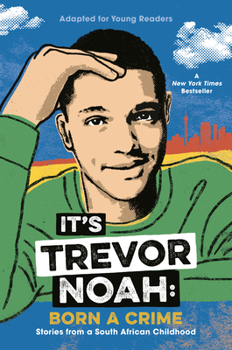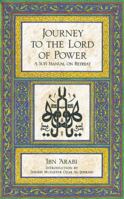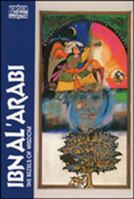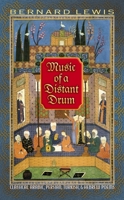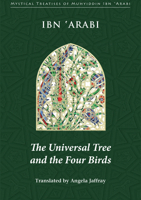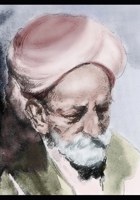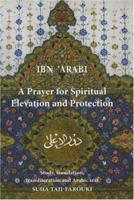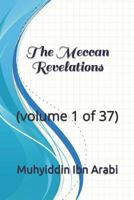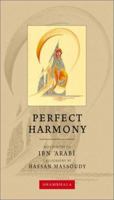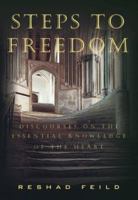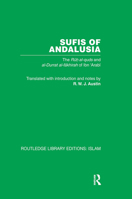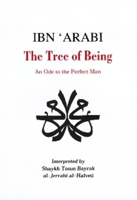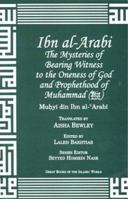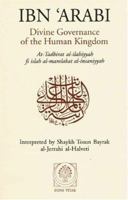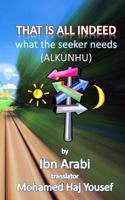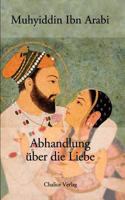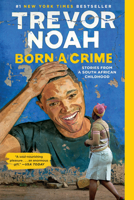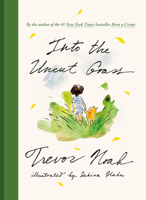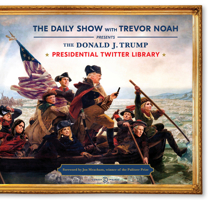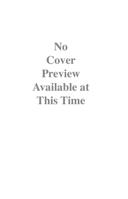It's Trevor Noah: Born a Crime: Stories from a South African Childhood
Select Format
Select Condition 
You Might Also Enjoy
Book Overview
The host of The Daily Show, Trevor Noah, shares his personal story and the injustices he faced while growing up half black, half white in South Africa under and after apartheid in this New York Times bestselling young readers' adaptation of his adult memoir.
"A piercing reminder that every mad life--even yours--could end up a masterpiece." --JASON REYNOLDS, New York Times bestselling author
We do horrible things to one another because we don't see the person it affects. . . . We don't see them as people. Trevor Noah, host of The Daily Show on Comedy Central, shares his remarkable story of growing up in South Africa with a black South African mother and a white European father at a time when it was against the law for a mixed-race child to exist. But he did exist--and from the beginning, the often-misbehaved Trevor used his keen smarts and humor to navigate a harsh life under a racist government. In a country where racism barred blacks from social, educational, and economic opportunity, Trevor surmounted staggering obstacles and created a promising future for himself thanks to his mom's unwavering love and indomitable will. This honest and poignant memoir adapted from the #1 New York Times bestseller Born a Crime: Stories from a South African Childhood will astound and inspire readers as well as offer a fascinating perspective on South Africa's tumultuous racial history. BORN A CRIME IS SOON TO BE A MAJOR MOTION PICTURE STARRING OSCAR WINNER LUPITA NYONG'O!
"A piercing reminder that every mad life--even yours--could end up a masterpiece." --JASON REYNOLDS, New York Times bestselling author
We do horrible things to one another because we don't see the person it affects. . . . We don't see them as people. Trevor Noah, host of The Daily Show on Comedy Central, shares his remarkable story of growing up in South Africa with a black South African mother and a white European father at a time when it was against the law for a mixed-race child to exist. But he did exist--and from the beginning, the often-misbehaved Trevor used his keen smarts and humor to navigate a harsh life under a racist government. In a country where racism barred blacks from social, educational, and economic opportunity, Trevor surmounted staggering obstacles and created a promising future for himself thanks to his mom's unwavering love and indomitable will. This honest and poignant memoir adapted from the #1 New York Times bestseller Born a Crime: Stories from a South African Childhood will astound and inspire readers as well as offer a fascinating perspective on South Africa's tumultuous racial history. BORN A CRIME IS SOON TO BE A MAJOR MOTION PICTURE STARRING OSCAR WINNER LUPITA NYONG'O!
Format:Hardcover
Language:English
ISBN:0525582169
ISBN13:9780525582168
Release Date:April 2019
Publisher:Delacorte Press
Length:304 Pages
Weight:0.98 lbs.
Dimensions:1.2" x 5.8" x 8.3"
Age Range:10 years and up
Grade Range:Grade 5 and higher
Related Subjects
Class Divide Discrimination Inequality Oppression Police Brutality Prejudice Racism Segregation Violence ClassicsMore by Trevor Noah
Customer Reviews
25 customer ratings | 6 reviews
Rated 5 starsOmg
By Thriftbook reader retnjie,
My best friend gave me this book as a Christmas gift and I absolutely loved this book. Trevor noah is so funny
0Report
Rated 5 starsA special kids' version of Trevor Noah's memoir
By Rose J, Verified Purchase
This is a special edited version of "Born A Crime", and if you have kids in your life, you should get it for them. Then get the original for yourself. In this version, bad language is taken out, and a few other small adjustments. Either version will make you actually laugh out loud, and probably cry real tears. An amazing series of true stories from Trevor Noah's childhood in apartheid South Africa. The humor makes it easier...
2Report
Rated 5 starsAn Amazing Book
By Maddy, Verified Purchase
This is an amazing book.
0Report











